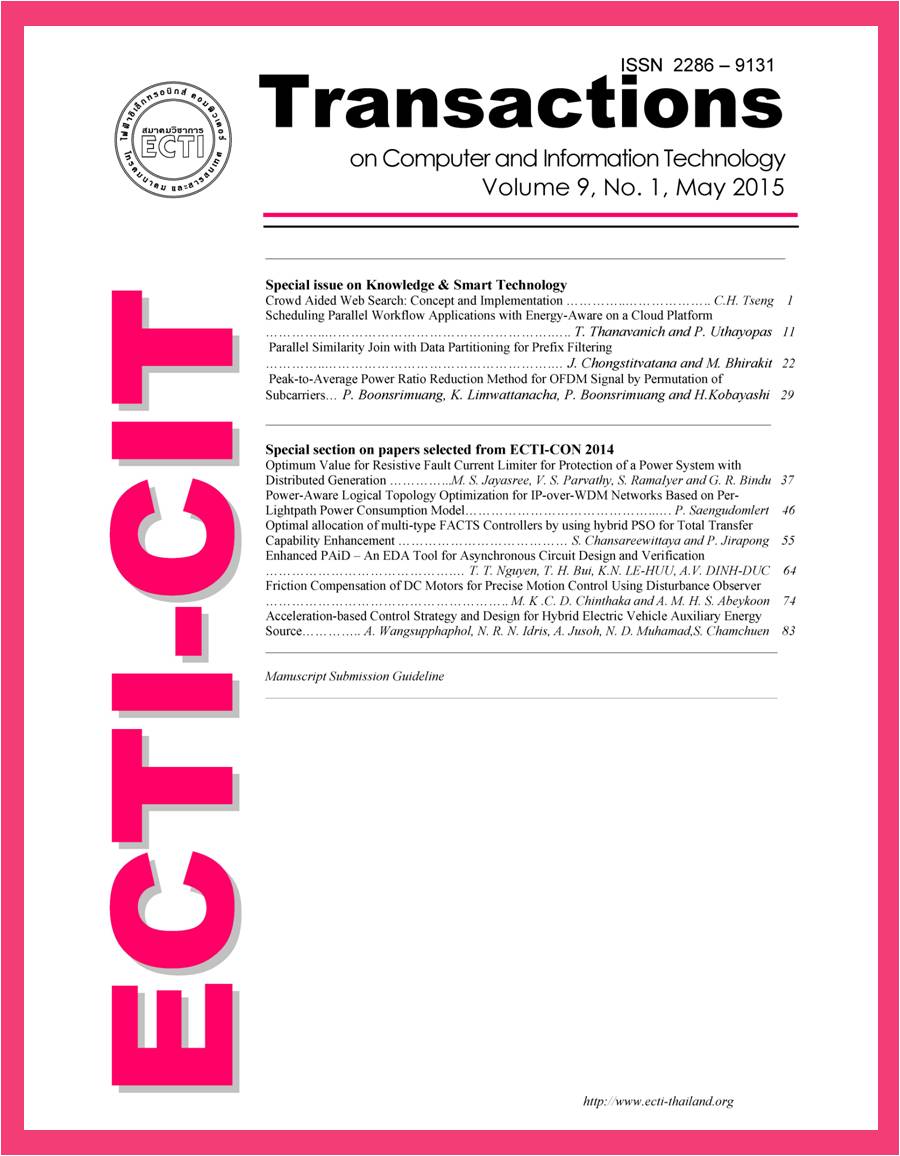Optimum Value for Resistive Fault Current Limiter for Protection of a Power System with Distributed Generation
Main Article Content
Abstract
Renewable energy resources are being used for the last six decades for the generation of electrical power. Electrical safety and protection are main concerns in the successful operation of a power system. Integrating Distributed Generators (DGs) into a power system creates technical problems and thus affecting the safety of the system. When a fault occurs in a power system connected with distributed generator, the DG itself contributes fault current to the system. This causes disturbances to the settings of all protective devices. Original relay protection scheme is affected by the connection of distributed generators and causes mal-operation of both primary and backup relays. The fault current contribution of DG can be limited by placing Fault Current Limiter (FCL) in series with the DG. This paper proposes a novel method for the determination of the optimum resistance value for the FCL and thus to retain the original settings of relays. For optimizing the value of resistance of resistive fault current limiter Genetic Algorithm (GA) is used and the original relay settings are restored. This method is tested for standard IEEE 30 bus system. The effectiveness of proposed method is illustrated in the presence of single and multiple DG existence.


